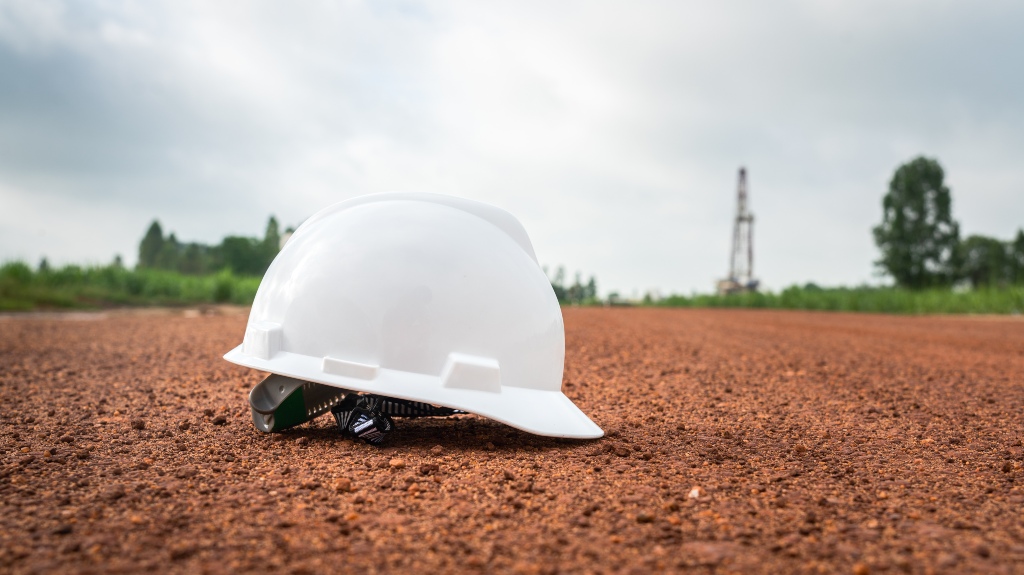
The oil and gas industry in the United States is a highly dangerous sector, where workers are constantly exposed to various risks such as machine malfunctions, exposure to toxic chemicals, and the possibility of catastrophic explosions. Our firm, Parks Law PLLC, specializes in representing injured workers from the oilfield and maritime personnel in Houston, Texas, as well as landowners.
If you or a loved one has been injured in an accident at an oil field, it’s important to know your rights in order to seek justice. This article discusses common accidents, types of injuries, legal protections and challenges victims face when seeking compensation.
What Is an Oilfield Accident?
Accidents in the oil and gas industry can occur during drilling, refining, pipeline maintenance, and offshore operations. These accidents are often caused by a variety of factors, including:
- Equipment failures blowouts, pump malfunctions)
- Lax safety protocols or inadequate training
- Employer negligence (cutting corners on maintenance or staffing)
- Human error (fatigue, lack of supervision)
The consequences can be severe. According to the U.S. Bureau of Labor Statistics (BLS), the fatality rate for workers in the oil and gas industry is seven times higher than the average for all other industries. Many of these accidents could be prevented with proper safety measures.
Common Types of Oilfield Accidents
Oilfield accidents take many forms, each with unique risks:
1. Equipment Failures
- Well blowouts: Uncontrollable well releases due to faulty pressure systems.
- Derrick collapse: Structural failure due to poor maintenance or overloading.
- Pump and jack failures: Malfunctioning causing crush injuries or leaks.
2. Fires and Explosions
The presence of combustible gases and liquids poses a significant risk of fire and explosion in oilfield settings. This risk is often triggered by:
- Gas pipelines that are not well maintained or in contact with sources of ignition.
- Flammable substances that are improperly stored or handled.
- Electrical failures or activities that involve heat.
These situations can lead to serious injuries, respiratory issues, structural damage, and further explosions.
3. Transportation Accidents
Oilfields require the constant movement of people and materials, often involving the use of heavy vehicles and transport equipment. Some common causes of accidents include:
- Collisions between heavy trucks, tankers, and support vehicles.
- Vehicle malfunctions due to mechanical problems or operator fatigue.
- Poor road conditions, including bad weather.
These accidents can lead to serious injuries, such as broken bones, head trauma, or even death.
4. Falls from Height
Workers often work at elevated heights on structures such as rigs, scaffolds, platforms, or tanks, increasing the risk of falls. This risk is further exacerbated by several factors:
- The absence of fall prevention systems such as guardrails or harnesses.
- Slippery or unstable surfaces.
- Insufficient training or improper use of safety equipment.
Falls from these heights can lead to serious injuries, including fractures, spinal damage, severe brain injuries, and even death.
5. Chemical Exposures
Oilfield workers may come into contact with hazardous chemicals and toxic gases during their daily activities. These include:
- Hydrogen sulfide (H₂S), a highly toxic and flammable gas that has a “rotten egg” smell. Exposure to large amounts of H₂S can lead to respiratory failure, eye irritation, and in extreme cases, death.
- Other harmful substances: Solvents, crude oil vapors, and hydraulic fluids, can also be inhaled, absorbed through the skin, or ingested. These substances can cause both immediate and long-term health issues.
Under OSHA regulations, employers are required to provide a safe working environment. If they fail to do so, injured workers may have a valid basis for a legal claim.
Legal Rights for Injured Oilfield Workers
Oilfield work can be dangerous, and when accidents happen, those involved and their families may be entitled to compensation. It is important to understand these options so that you can receive financial assistance and seek justice if something occurs.
1. Workers’ Compensation

Workers’ compensation provides essential financial and medical benefits to employees who are injured on the job, regardless of who is at fault. While it is not mandatory in Texas, many companies voluntarily enroll in workers’ compensation insurance to protect both employers and employees.
2. Personal Injury Lawsuits
If negligence, such as defective equipment or poor training, caused the accident, you may be able to seek full compensation, including for pain and suffering. If an oilfield accident is caused by the negligence of an employer, contractor, or other third party, such as using faulty equipment, failing to provide proper safety training or violating OSHA regulations and creating hazardous working conditions, an injured worker may have the right to file a personal injury claim.
3. Jones Act Claims
The Jones Act is a crucial federal law that safeguards maritime workers, including those employed on offshore drilling rigs and supply ships, as well as other maritime operations. This legislation allows eligible workers with a “connection to the navigation and fleet” of a vessel to file claims against their employers if they suffer injuries due to negligence or unsafe working conditions.
4. Wrongful Death Claims
In the event of a tragic oilfield incident leading to a fatality, surviving family members may consider filing a wrongful death lawsuit to seek financial compensation for their losses. These losses could include expenses related to funeral services, lost income due to death, and emotional distress caused by the incident.
Take Action Now – Protect Your Future
If you or a family member have been harmed in an oilfield accident, time is crucial. The sooner you seek legal assistance, the better your chances of receiving fair compensation for medical bills, lost wages, and emotional trauma.
Parks Law PLLC brings a wealth of experience and an in-depth understanding of the industry. We are here to defend your rights. Contact us today for a free consultation to discuss your case.
